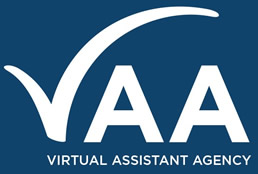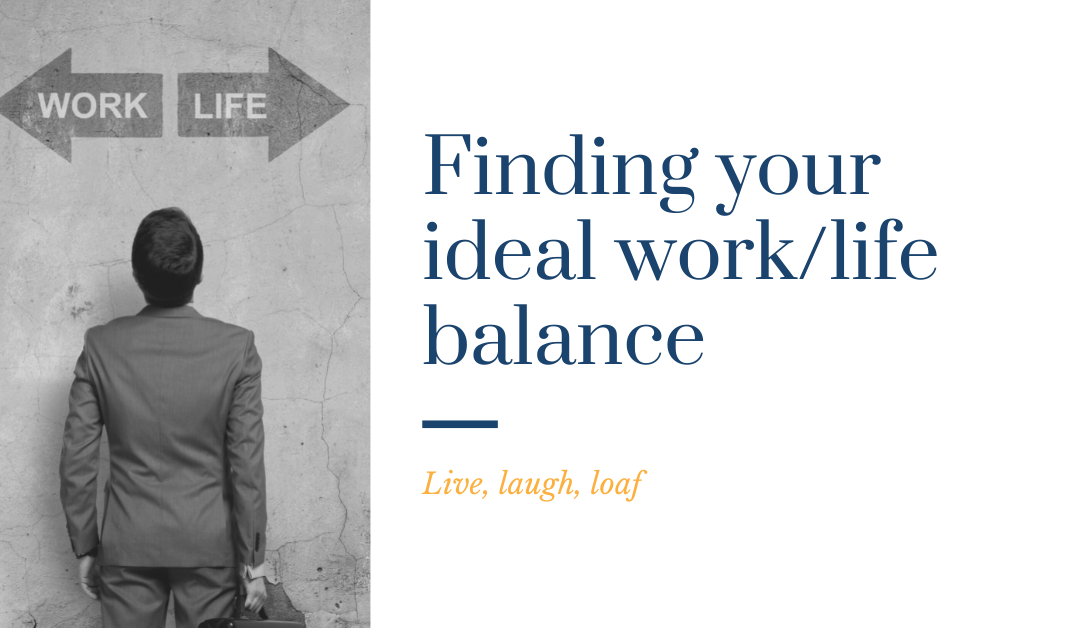With the uncertainty of the last two years of Covid giving way to yet more worry and uncertainty (both at home and overseas), it’s a small wonder we’re not all curled up in a ball under our desks hiding from the world.
For a lot of people, a coping mechanism has been to throw themselves into work – especially if they’re having to rebuild their companies or have had to pivot to a different business model to get things back on track. However, whilst in some cases working all hours may be needed, it’s not necessarily conducive to a healthy work/life balance.
Returning to physical offices has helped in some way as there’s only so much time you can spend at your desk before people start to shoot worried glances your way, but what about the people for whom working from home is now part of the ‘new normal’? There’s still a temptation to make yourself available at all times and to work at odd hours, but how sustainable is that really?
If you’re working harder (but not smarter), it’s a sure path to burnout, so getting the balance right between work and play is critical, and key to that is making sure the ‘life’ half of the scales is being looked after properly.
So, with that in mind we’ve put together a few tips to help!
- Give yourself permission to take time off
I sometimes see people who have a misguided sense of pride at how long it’s been since they took a holiday. Taking time away from your desk is vital if you want to stay both physically and mentally healthy – we’re not Duracell batteries, we really do need time off to rest and recharge!
If you find taking time off a struggle, the most important thing you can do is give yourself permission to take time off: it doesn’t mean you’re somehow less committed to your work than your clients might want, it means you’ve got the self-awareness to know that 24-7 at your desk is the quickest path to a health crisis.
- Set boundaries with yourself
I’m a big believer in boundaries: I think it’s really important to set them with clients regarding contact preferences, working times etc, but it’s also super important to set them with yourself. If an email comes in at 10pm, do you really need to look at/deal with it that minute? I’ll go out on a limb and say it’s highly unlikely. Make an agreement with yourself that you won’t check your emails/messages after a set time, that your laptop can be switched off and stay off at night and remember that it’s called a weekEND for a reason!
If you’ve created a habit of working 24-7, when you try to pare back your day to something more manageable it can sometimes feel unsettling, so be gentle with yourself and keep reminding yourself that it’s OK to finish work at a reasonable hour!
- Have a routine and stick to it
With the above point in mind, it can help to set a routine and stick to it – timetables aren’t just for schoolkids! It’s really helped me in the past to have a clear overview of how my day and week is looking and means I don’t overload my schedule to the point of overwhelm. Whether you use an old fashioned diary or an online calendar, make sure you’re not filling it beyond what’s sustainable, and make sure there are a healthy number of breaks in the day as well.
- Off means off
Clients often tell me that they can’t possibly take time off, as there won’t be anyone to do their work for them. If that sounds like you, consider how much harder it will be to get your work done if you’ve burned yourself out and are physically unable to be at your desk, because you’ve made yourself sick.
There are always ways and means to let yourself take either a full holiday or even a short break. Think about a phone-answering service or hiring a Virtual Assistant to cover calls and monitor emails. Give your clients plenty of warning that you’ll be away from X until Y, then give them the contact details for someone who can look after them in your absence. Yes, it might take a little planning and organisation, but it will definitely be worth it in the long run!
- Double down on your to-do list
Having a massive to-do list doesn’t mean you’ve got to get absolutely everything done this minute. We talked about creating an action-priority matrix as a way to stop multi-tasking in a previous blog, but that in itself can sometimes feel overwhelming.
One thing I read about recently was the 3-2-1 method – there are quite a few variations of this but basically it recommends that each day you write a list of 3 things you MUST get done that day, 2 things you’d IDEALLY get done, and 1 thing you’re going to do to reward yourself at the end of the day – for every stick there must be a carrot, after all!
Remember, you work hard and deserve to take a break! If you think a VA could help you implement a better work/life balance, get in touch – we’re here to help!
Until next time!
Stay productive.

